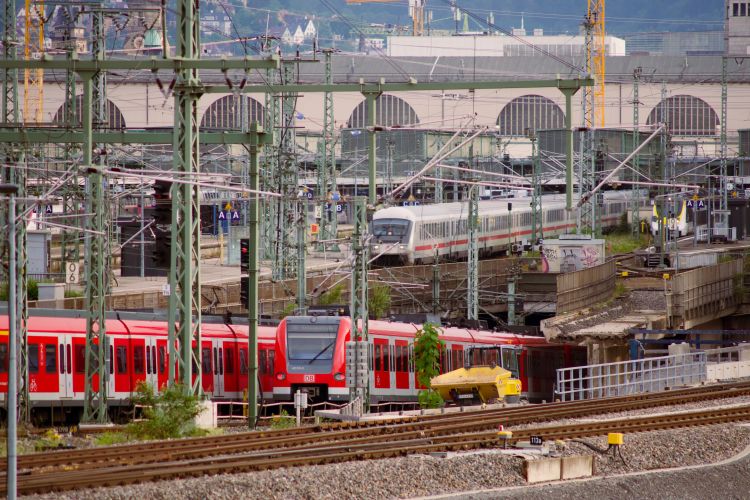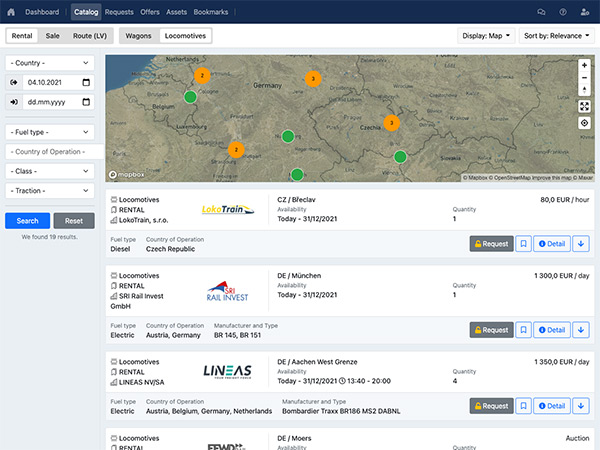Just two days after the last strike, the German Train Drivers' Union (GDL) has already announced the next strike. The strike will begin at 02:00 on Tuesday 12 March and last for 24 hours, until 02:00 on Wednesday 13 March.
In the latest escalation of the ongoing wage dispute between Deutsche Bahn (DB) and the German Train Drivers' Union, DB has initiated legal action to prevent the union's planned strike, the sixth of its kind in this dispute and a first in a series of so-called wave strikes. The legal maneuver came in response to the GDL's announcement of another strike with a remarkably short notice of 22 hours for freight services, which DB criticized as excessively disruptive and unlawful.
"This unpredictability in rail transport is unacceptable. People have to get to work, goods have to get to the factories, coal has to get to the power stations, without the railways nothing works in this country," commented Martin Seiler, DB Board Member for Human Resources.
DB has filed an urgent application for an interim injunction with the Labour Court in Frankfurt am Main, arguing that the timing and scope of the strike jeopardize the country's supply chain and overall transport security. Martin Seiler has denounced the strike as disproportionate and unjustified, highlighting the possible compromise of a 36-hour week with full pay compensation, which was previously proposed.
GDL national chairman Claus Weselsky, on the other hand, claims that there has been no serious attempt to negotiate since 19 January. The union claims that strike action, which is constitutionally protected as a last resort, is necessary to press its demands in the face of DB's unwillingness to present a new offer or engage in meaningful negotiations.
As the dispute intensifies, both the economic impact and the burden on public transport users are growing, with each day of strike reportedly costing taxpayers around €25 million. This ongoing conflict raises critical questions about the good faith of the negotiations, the effectiveness of collective bargaining, and the wider impact on Germany's transport infrastructure and economy.

